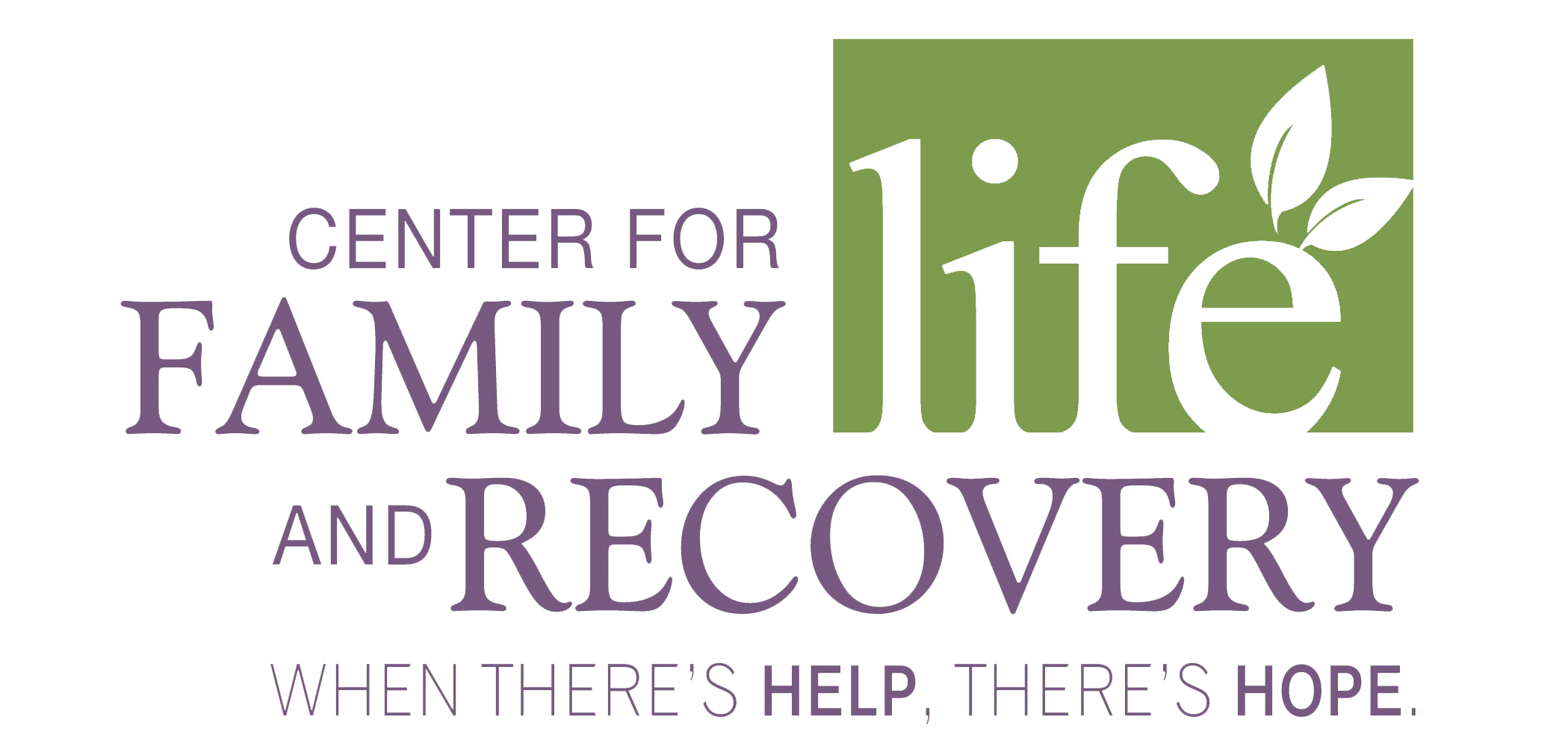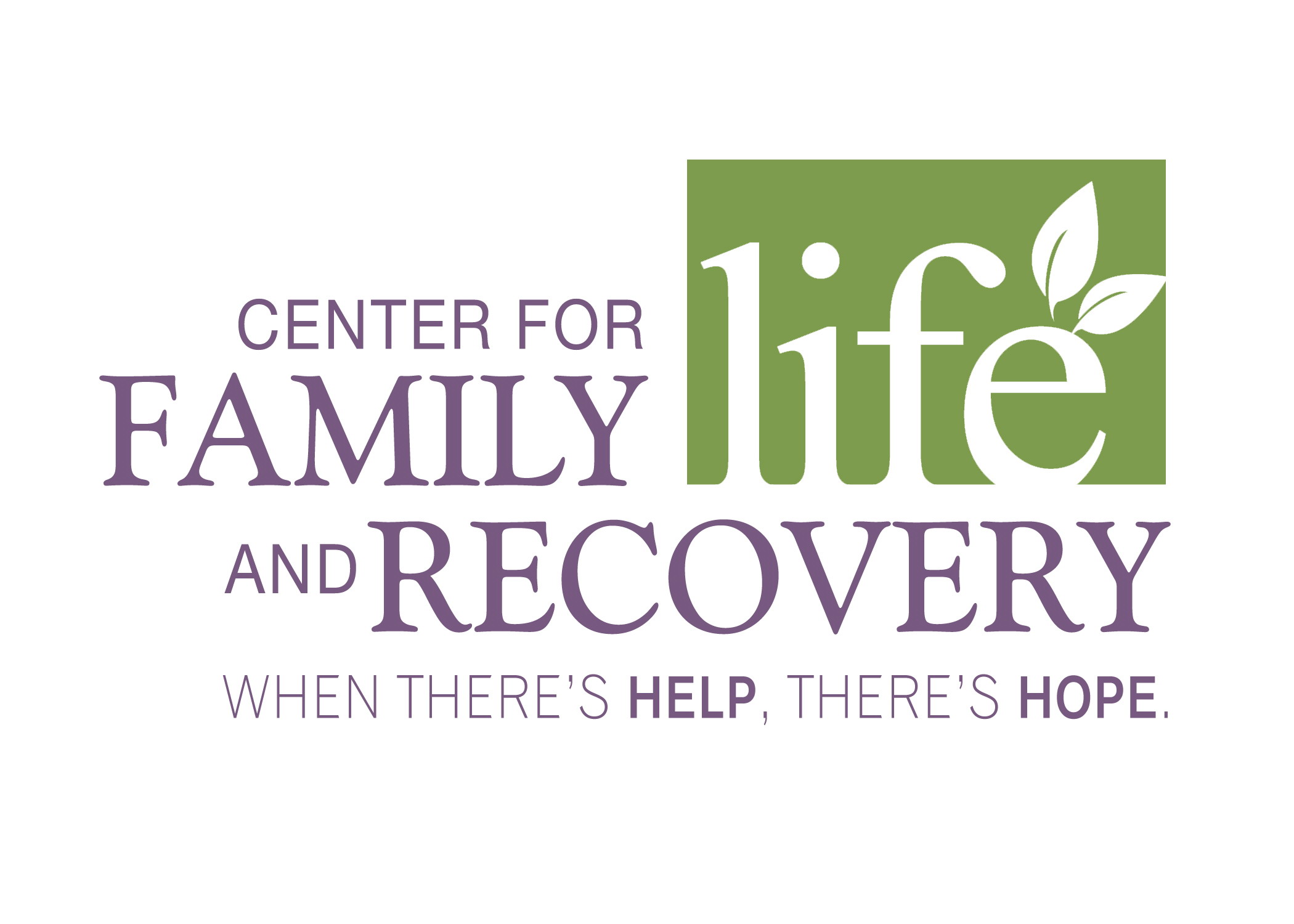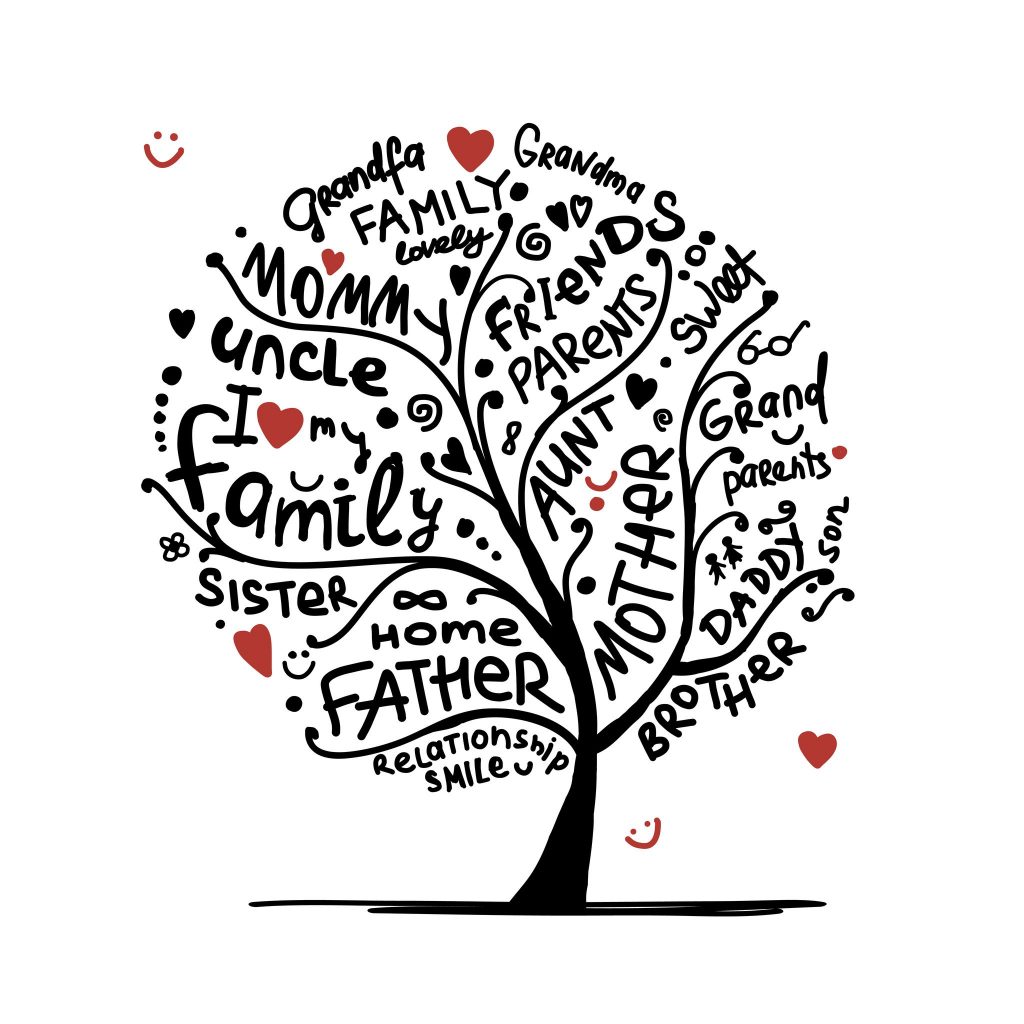 Family Support Navigation services were developed to help the loved ones of those struggling with substance use disorders. If you are impacted by someone’s addiction and need help finding services for them or services to help you and/or your family, our program will help connect you to the services in our community that meet your needs. Our goal is to help the whole family find Recovery. FSN services take on a holistic approach, one that incorporates the strengths of all treatment and recovery agencies in our community.
Family Support Navigation services were developed to help the loved ones of those struggling with substance use disorders. If you are impacted by someone’s addiction and need help finding services for them or services to help you and/or your family, our program will help connect you to the services in our community that meet your needs. Our goal is to help the whole family find Recovery. FSN services take on a holistic approach, one that incorporates the strengths of all treatment and recovery agencies in our community.
Common reasons someone picks up the phone to talk to our FSN: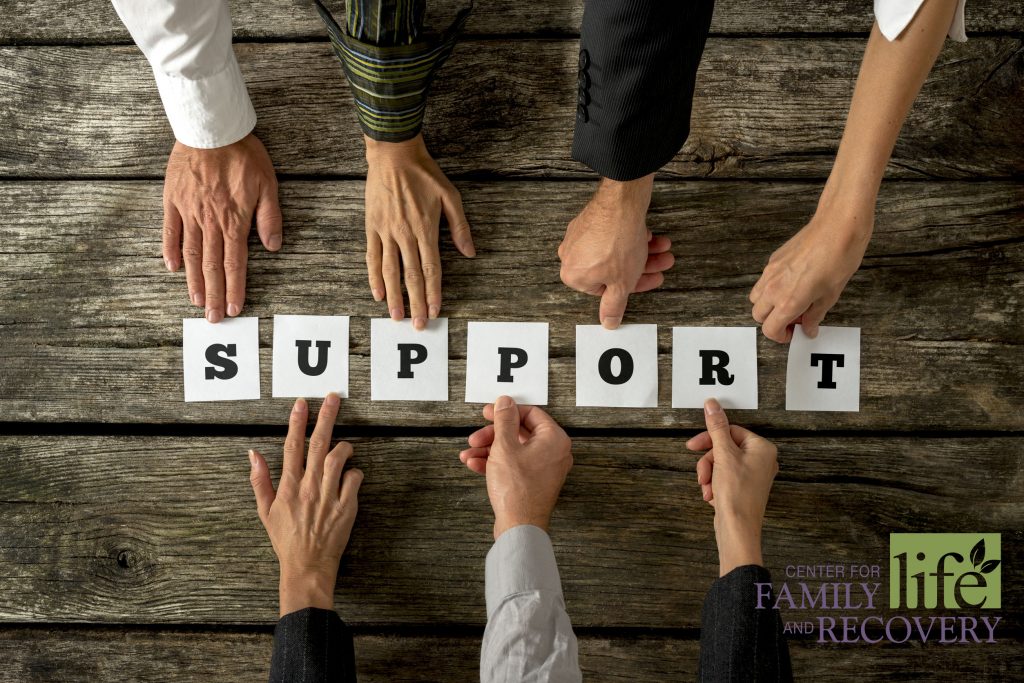
- Your family been impacted by addiction and you aren’t sure how to help.
- To find treatment for your loved one.
- Navigating the system of addiction treatment, mental health and other needed agencies.
- To navigate the questions to ask when choosing treatment and navigating confidentiality.
- Finding Intervention services.
- To take classes to learn tools of communication, understanding and dealing with trust issues, boundary setting, letting go of resentments, learning about the basic science of addiction, understanding recovery basics for your family.
- Finding Family Support Groups.
- Connection to Al-anon Groups.
- Finding counseling services.
- To find Parenting classes.
- Finding Fun sober activities and community events.
- And so much more! If you family is looking for it, we will try to connect you to it!
Family Support Navigation Services are a significant addition to Oneida County services putting a strong focus on meeting the needs of family members and not just the person struggling with the addiction. The Family Support Navigator is based at Center for Life in Recovery, Inc. and is funded through Oneida County by the New York State Office of Alcoholism and Substance Abuse Services (NYS OASAS).
Classes Options and Events (Call for the current class):
How can I get my loved one into Recovery?
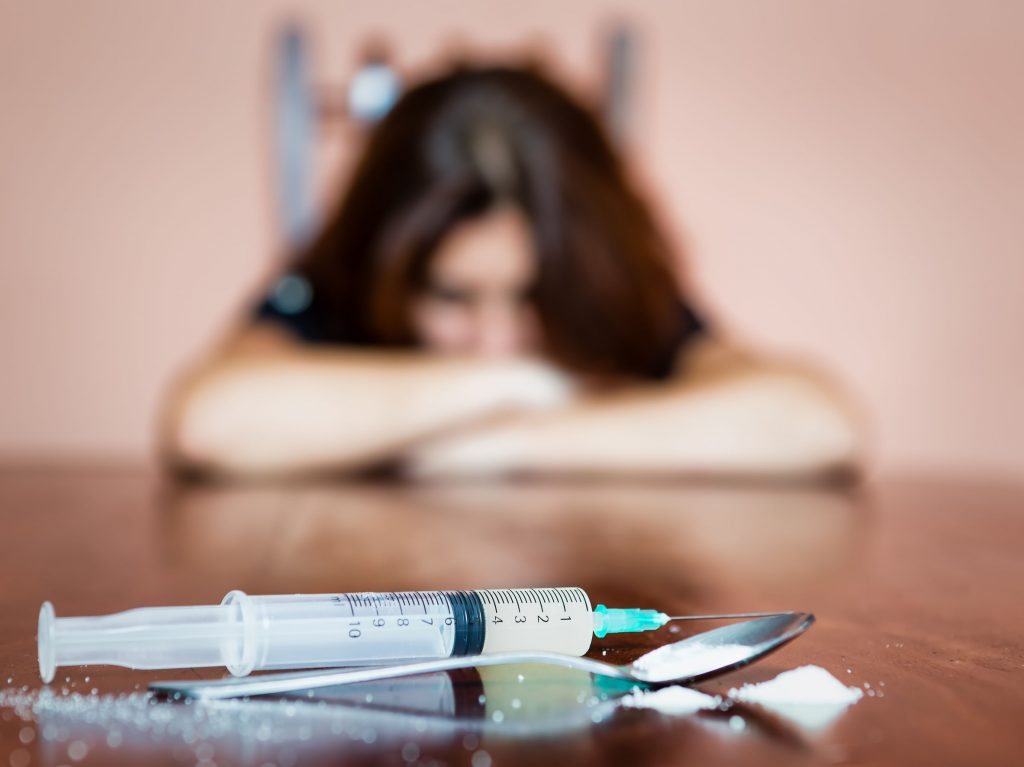 It’s hard loving someone and trying to help them find recovery. Knowing what they need to do sometimes feels easy, and if they just followed your advice, they might really be fine, right? Through the arguments, begging, pleading, and sometimes nagging, we feel like it’s never going to get better.
It’s hard loving someone and trying to help them find recovery. Knowing what they need to do sometimes feels easy, and if they just followed your advice, they might really be fine, right? Through the arguments, begging, pleading, and sometimes nagging, we feel like it’s never going to get better.
What if I told you, there is a method that has been successful in actual research with families just like you, 70% of the time? A method that helps get loved ones to reduce their use, go to treatment or other recovery programs, while it increases wellness with the addition of decreasing the stress of the whole family. I’m so relieved to share, this does exist, and we offer this training at Center for Family Life and Recovery, Inc.
Learning this method is currently at no cost to the participant(s).
Community Reinforcement and Family Training (CRAFT)
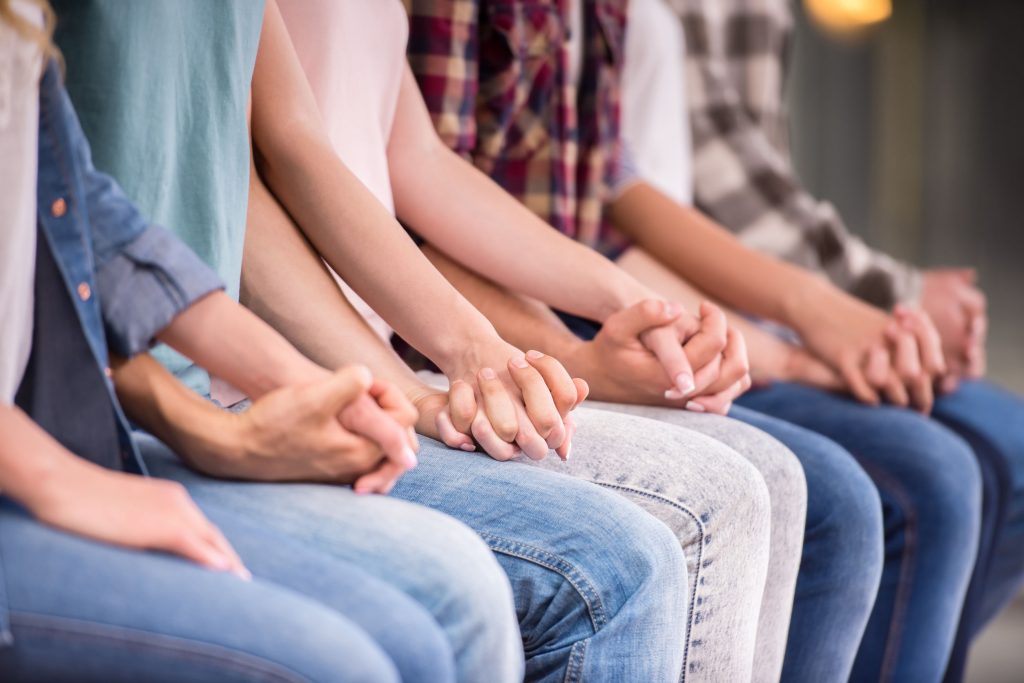 CRAFT was developed by Dr. Robert Meyers. Through the skills training, loved ones learn how to communicate and engage with someone differently, see the situation in a bigger picture assessing different impacts and behaviors, manage expectations and boundaries, and really help engage someone into their recovery process. A person must own their recovery, at the same time, those involved offer unique expertise in a persons’ addiction and behaviors. Using this expertise and training, YOU CAN MAKE A DIFFERENCE. Families share that they are thankful to have a way to really feel like they can make a difference instead of feeling helpless. I’m so pleased to share that most of our families see a change in how they feel and how their loved one responds within a few weeks.
CRAFT was developed by Dr. Robert Meyers. Through the skills training, loved ones learn how to communicate and engage with someone differently, see the situation in a bigger picture assessing different impacts and behaviors, manage expectations and boundaries, and really help engage someone into their recovery process. A person must own their recovery, at the same time, those involved offer unique expertise in a persons’ addiction and behaviors. Using this expertise and training, YOU CAN MAKE A DIFFERENCE. Families share that they are thankful to have a way to really feel like they can make a difference instead of feeling helpless. I’m so pleased to share that most of our families see a change in how they feel and how their loved one responds within a few weeks.
Understanding Recovery is a long-term life process, it can feel great to have some control in truly making a difference and seeingresults, more in the now. Our family skills classes meet Tuesdays at 5:15 pm, to join us or to schedule your one on one appointment with our Family Support Navigator trained in CRAFT, call 315-733-1709.
Grandparents Raising Grandchildren
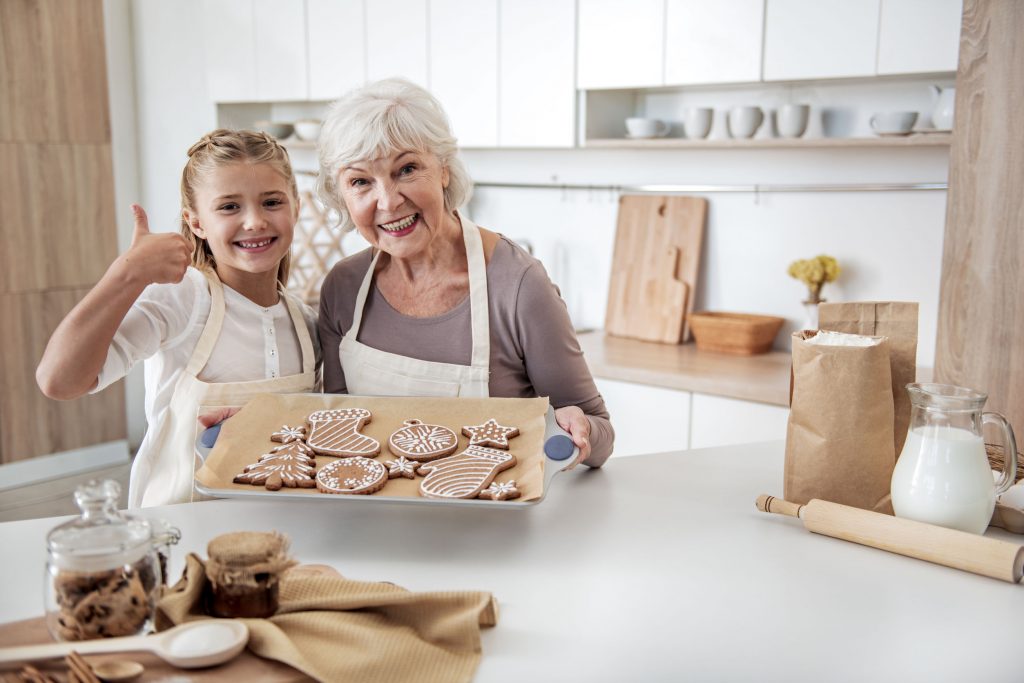 We are in a time where it is becoming all too often grandparents are facing the unique challenge of raising their grandchildren due to substance use, mental health, and incarceration. The struggles stream from “How do I save my child while raising my grandchild?”, to “How do I find my life again?”, to “How do I raise a child in this new world of electronics and other challenges that were foreign to us years ago?” You are not alone in this, a great group of men and women face similar challenges together in an environment that is welcoming to the struggles and joys that this unplanned path can bring.
We are in a time where it is becoming all too often grandparents are facing the unique challenge of raising their grandchildren due to substance use, mental health, and incarceration. The struggles stream from “How do I save my child while raising my grandchild?”, to “How do I find my life again?”, to “How do I raise a child in this new world of electronics and other challenges that were foreign to us years ago?” You are not alone in this, a great group of men and women face similar challenges together in an environment that is welcoming to the struggles and joys that this unplanned path can bring.
Mindful Communication and Boundary Setting
Sometimes we hold back from addressing a concern with a loved one or expressing how an uncomfortable situation felt because we are afraid of how the other person might react. During this class, we’ll learn what mindful communication is and specific tools to use it. Using mindful communication keeps defenses low, increases a joint effort in problem solving, opens listening skills, and encourages understanding in a shared experience. It can be the difference between someone opening up and shutting down.
Some of the areas we’ll cover include:
- Exploring how mindful communication could impact common life situations as well as some of the deep, hard-hitting difficult ones.
- From dishes in the sink to fear of heroin overdose, we’ll practice using mindful communication talking through the difficult or touchy subjects that need to be communicated.
- Active listening tools to stay in the moment.
- Because mindful communication focuses on each parties’ personal experience, sometimes boundary setting is necessary as a protective measure. We’ll work on effective boundary setting, common misconceptions, how to set realistic boundaries, and how to communicate them.
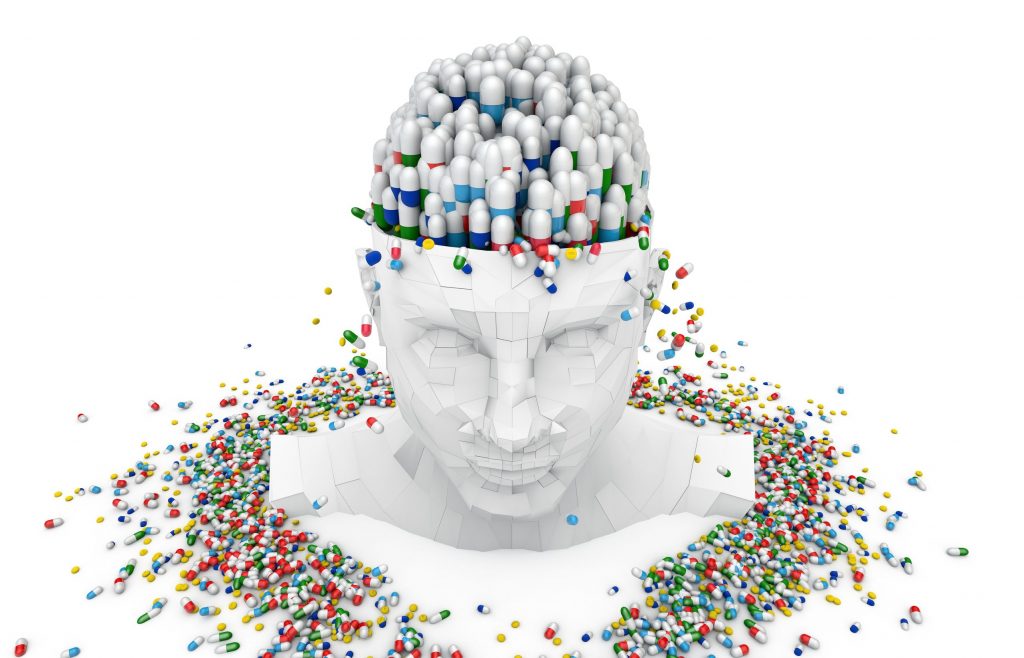
The Science of Addiction
Have you wondered why you or your loved one can’t just stop? We will take a simple approach to look at addiction as it impacts the brain, its effects on behavior, and how addiction to drugs and alcohol compares to other chronic illnesses. Addiction is a brain disease that can be treated. Today’s science and medicine allows us to see how the brain is affected using brain imagining. We’ll explore various brain scans and the basics of what they mean. Seeing the effects can help us further understand why addiction is so complex, and why recovery is far bigger than putting down the drink or drug. Join us, in exploring the science of addiction.
Letting Go of Resentments
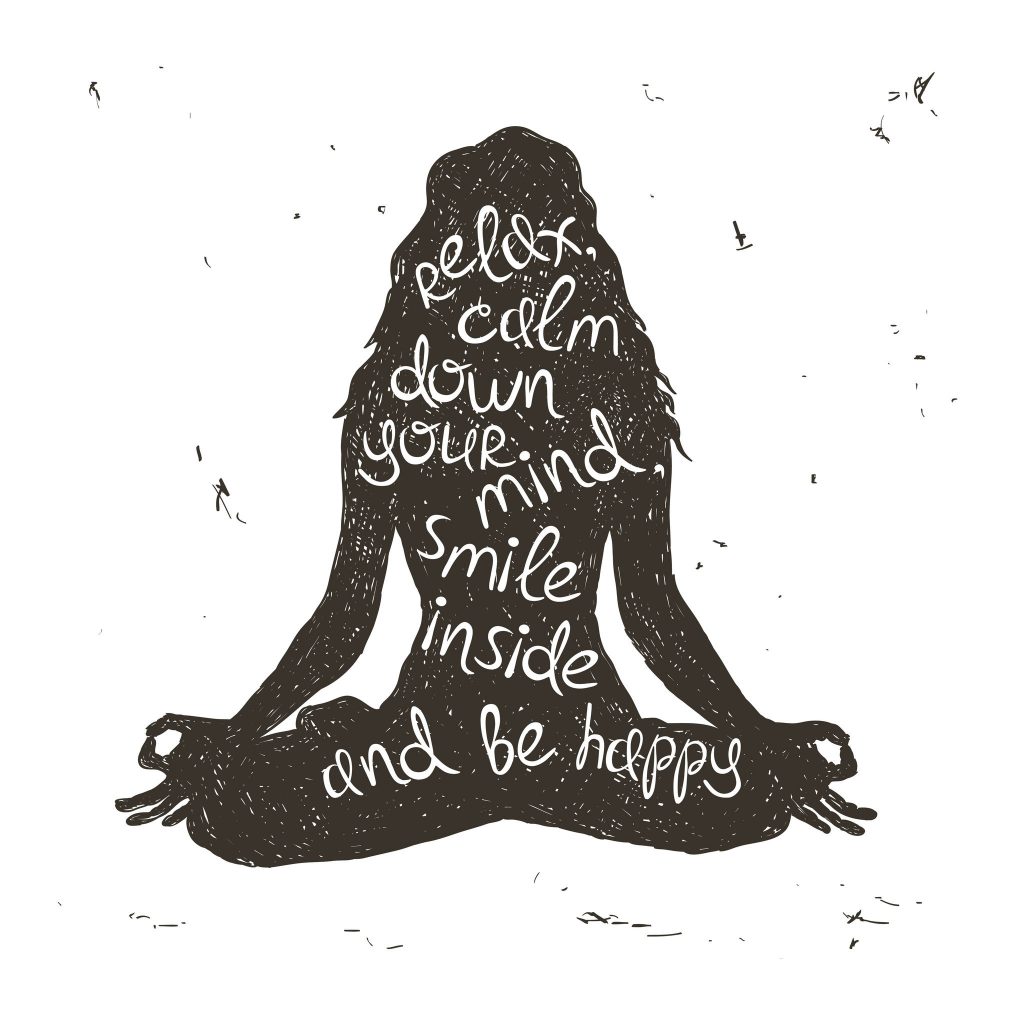 Addiction. It affects so much of how we live. It’s natural to have some negative feelings about how life has been affected and changed. Resentments do not have to be deep seated relationship destroying experiences. Sometimes a resentment is that seemingly little thing that we are upset over even after some time. We hold on to that anger and negative feeling for a reason.
Addiction. It affects so much of how we live. It’s natural to have some negative feelings about how life has been affected and changed. Resentments do not have to be deep seated relationship destroying experiences. Sometimes a resentment is that seemingly little thing that we are upset over even after some time. We hold on to that anger and negative feeling for a reason.
Bigger resentments can also be incredibly powerful, devastating, and halting. They are the things that hold us down and often keep us from moving forward in our lives and relationships. While we so desperately want to let go, it can sometimes just be so hard.
This class session is designed as an outlet to explore our resentments from the little stuff to the devastating. We are going to look at why we hold on to our resentments and how holding on has both served us and hindered us. We’ll gain an understanding of what letting go means and look at our readiness to move through the resentments. Practicing specific tools, we will work to move towards acceptance, change, regaining our personal control in the situation, and if ready, forgiveness.
Rational Emotive Behavioral Therapy (REBT)
As humans beings, when something happens we react to it, right? What if I told you there were a couple of steps that happen in between and that we can build an awareness and sensitivity to those pieces? In doing so, we ultimately change how we think, feel, and react. This is what REBT is all about. REBT puts us in the driver’s seat of our thoughts, our feelings, and therefore our lives. We can determine our personal control in every situation and REBT can help you do it.
REBT is often used as an evaluative tool after an event. However, over the course of this session we will focus on learning to use it as a practical in the moment tool that will allow you to recognize when thoughts are likely irrational, a method to challenge it, ultimately change and recognize your feelings, and put you in control of how you respond.
I’ve found this to be one of the most powerful tools for everyday life. It’s truly incredible.
What you will learn:
- How to process difficult situations that can be emotional
- How to recognize potentially irrational thoughts
- How to recognize your personal control in different situations
- How to make a processed and more informed choice...even if others do not agree with your choice.
Recovery Basics for Families
Addiction impacts the entire family, their lives are completely changed. Recovery is not just a journey for the addicted, it’s for the entire family. In Recovery Basics for Family, we’ll explore the impact of addiction as well as the stages of change in both the addicted individual as well as the family. We’ll practice some self-exploration with goal planning to develop recovery goals and a wellness plan. Addiction is a family disease. Recovery is a family journey.
Resources
Support Groups:
- Family Support Group - Every other Tuesday from 6:15pm - 7:30pm
Grief Support Groups:
- The Good News Center
- Hospice
Online Peer Support Community
- For persons with substance use disorders and their families and friends: www.AddictionSurvivors.org
